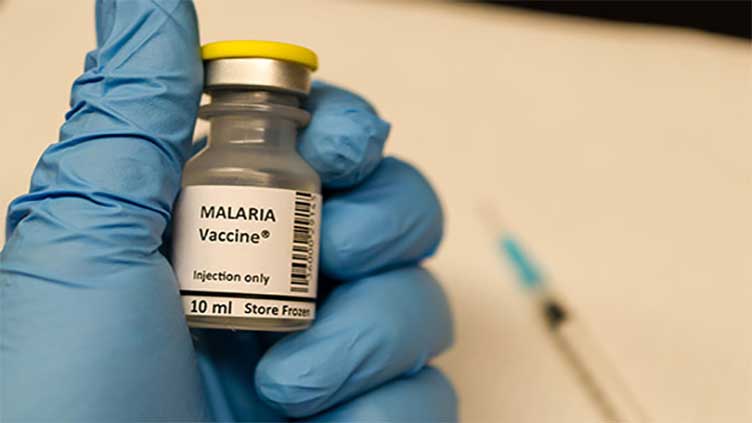Researchers anticipate the inexpensive vaccine may be produced on a large scale in a few of years. They stated Thursday that a booster dosage of a novel malaria vaccine maintains a high level of protection against the disease.
The vaccine, created by Britain’s Oxford University, may mark a turning point in the fight against the mosquito-borne parasitic disease, which killed 627,000 people — largely African children — in 2020 alone, according to the worldwide research team.
More than a million children in Africa have received a different vaccine developed by British pharmaceutical firm GSK since it was the first to be advised for general use against malaria by the World Health Organization last year.
The effectiveness of the GSK vaccine, however, is just about 60%, and it drastically decreases over time even with a booster dosage, according to study. According to studies released last year, Oxford’s R21/Matrix-M vaccine is 77 percent effective at preventing malaria, surpassing the WHO’s roadmap objective of 75 percent for the first time.
According to studies released last year, Oxford’s R21/Matrix-M vaccine is 77 percent effective at preventing malaria, surpassing the WHO’s roadmap objective of 75 percent for the first time.
We actually potentially be looking at a very large reduction in that horrible burden of malaria, fatalities, and sickness in the coming years, certainly by 2030, according to Oxford vaccine specialist and research co-author Adrian Hill.
He said that at that time, it might be possible to reduce malaria-related deaths by 70%, in part due to the ease with which a large quantity of vaccine doses might be produced.










